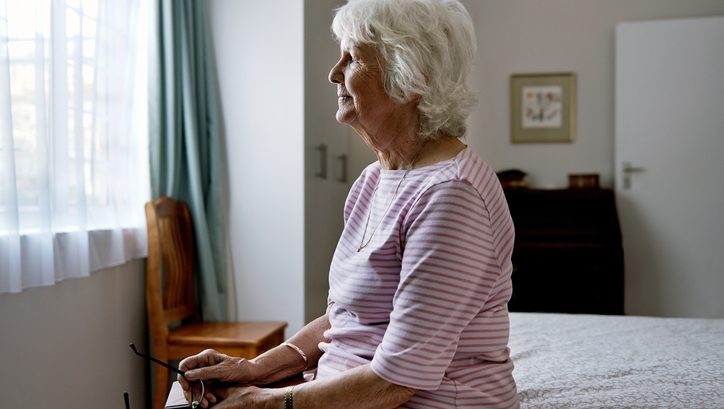7 Essential Annual Health Screenings for Seniors
Preventive care leads to longer, healthier lives, and as we age, regular doctor’s visits and testing is essential for maintaining good health. Here are seven essential health screenings for older adults.
Blood Pressure Check
According to the Centers for Disease Control, one in every three American adults has high blood pressure, also known as hypertension, including 64 percent of men and 69 percent of women aged 65 to 75. Since high hypertension symptoms often don’t show up until it’s too late, getting your blood pressure checked at least once a year is essential for preventing heart attack, stroke, and heart failure.
Lipid Blood Test
Like high blood pressure, high cholesterol and triglyceride levels increase your risk of heart attack and stroke. A lipid blood test measures good (HDL) and bad (LDL) cholesterol levels and should be given at least once every five years.
Colonoscopy
Colorectol cancer is the third most common type of cancer for both men and women, and early detection is crucial for improving the outcome. An initial screening should take place at age 50 and then every five years after that until age 75, when your doctor will recommend the right frequency for you.
Bone Density Scan
A bone density scan determines the density of your bones and whether you’re at risk for osteoporosis in the next 10 years. A bone density test should be given at age 65.
Diabetes Screening
The risk of type-2 diabetes increases with age. Seniors should be screened for diabetes at least every three years, especially those who have high blood pressure, high blood sugar, or high cholesterol or who are obese or have a family history of diabetes.
Skin Cancer Check
Skin cancer is the most common type of cancer. The Skin Cancer Foundation recommends monthly skin checks, which you can do yourself or ask your doctor or dermatologist to perform. If you notice any skin changes, patches of dry, scaly skin, or changes in moles, see your dermatologist right away.
Hearing and Vision Tests
Our hearing and vision decline with age, and this can affect our lives in many ways. Starting at age 55, get your vision checked every year and have your hearing tested every two years.
Staying on top of good health requires being proactive. By getting screened for common health conditions, you can take steps to improve the state of your health and prevent devastating diseases down the road.
